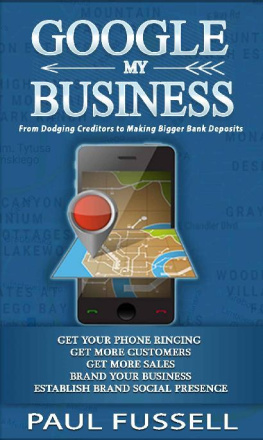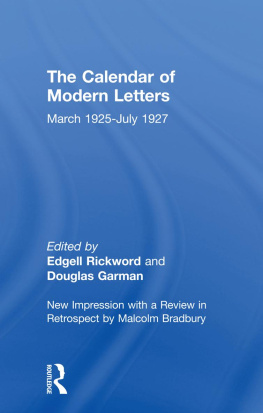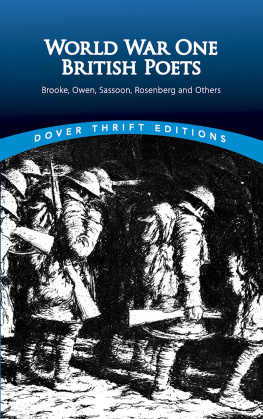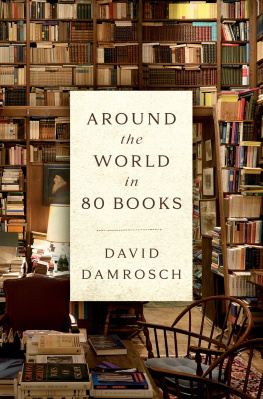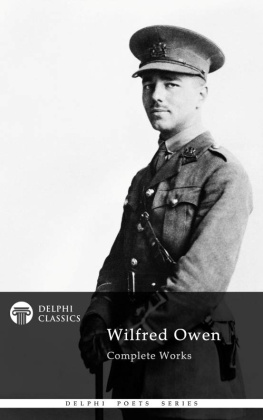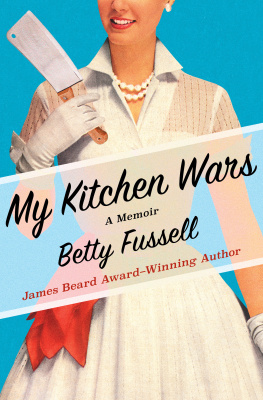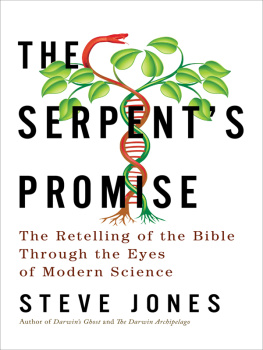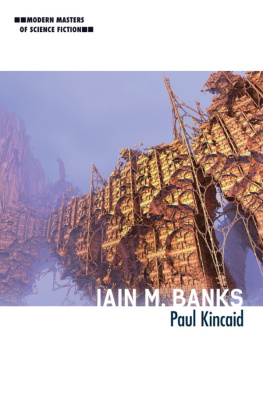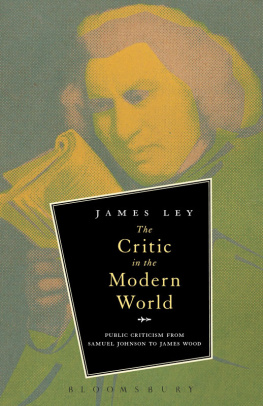The Great War and Modern Memory
Other Books by Paul Fussell
Theory of Prosody in Eighteenth-Century England
Poetic Meter and Poetic Form
The Rhetorical World of Augustan Humanism:
Ethics and Imagery from Swift to Burke
Samuel Johnson and the Life of Writing
Abroad: British Literary Traveling Between the Wars
The Boy Scout Handbook and Other Observations
Class: A Guide through the American Status System
Thank God for the Atom Bomb and Other Essays
Wartime: Understanding and Behavior in the Second World War
BAD: or, The Dumbing of America
The Anti-Egotist: Kingsley Amis, Man of Letters
Editor
English Augustan Poetry
The Ordeal of Alfred M. Hale
Siegfried Sassoons Long Journey
The Norton Book of Travel
The Norton Book of Modern War
Co-Editor
Eighteenth-Century English Literature
PAUL FUSSELL
The Great War and Modern Memory


Oxford University Press is a department of the University of Oxford. It furthers the Universitys objective of excellence in research, scholarship, and education by publishing worldwide.
Oxford New York
Auckland Cape Town Dar es Salaam Hong Kong Karachi
Kuala Lumpur Madrid Melbourne Mexico City Nairobi
New Delhi Shanghai Taipei Toronto
With offices in
Argentina Austria Brazil Chile Czech Republic France Greece
Guatemala Hungary Italy Japan Poland Portugal Singapore
South Korea Switzerland Thailand Turkey Ukraine Vietnam
Oxford is a registered trade mark of Oxford University Press
in the UK and certain other countries.
Published in the United States of America by
Oxford University Press
198 Madison Avenue, New York, NY 10016
Oxford University Press 1975, 2000, 2013
First issued as an Oxford University Press paperback, 1977
ISBN for 2013 edition: 978-0-19-997195-4
All rights reserved. No part of this publication may be reproduced, stored in a retrieval system, or transmitted, in any form or by any means, without the prior permission in writing of Oxford University Press, or as expressly permitted by law, by license, or under terms agreed with the appropriate reproduction rights organization. Inquiries concerning reproduction outside the scope of the above should be sent to the Rights Department, Oxford University Press, at the address above.
You must not circulate this work in any other form
and you must impose this same condition on any acquirer.
The Library of Congress has cataloged the first edition as follows:
Fussell, Paul, 1924
The Great War and modern memory / Paul Fussell.
p. cm.
Originally published: New York: Oxford University Press, 1975.
Contains a new afterword.
Includes bibliographic references and index.
ISBN 0-19-513332-3 (pbk.)
0-19-513331-5
1. English literature20th centuryHistory and criticism.
2. World War, 1914-1918Great BritainLiterature and the War.
3. Memory in literature. 4. War and literature.
PR478.E8F8. 2000 8209358dc21 99-43295
9 8 7 6 5 4 3 2 1
Printed in the United States of America
on acid-free paper
To the Memory of
Technical Sergeant Edward Keith Hudson, ASN 36548772
Co. F, 410th Infantry
Killed beside me in France
March 15, 1945
Contents
I FIRST MET PAUL FUSSELL EN ROUTE TO AN ACADEMIC CONFERENCE IN Germany in the late 1970s. We were heading by car to a meeting on War Enthusiasm in 1914, a reaction to war we both detested, and I noticed that whenever we reached a crossroads, or passed a hill, Paul would scan the horizon in a quick and methodical manner. After an hour or so, I asked him what he was looking for. He said it was a reflex from his army duty he still could not change. Whenever he passed a point of interest, he scanned the landscape for the best place to put an anti-tank gun. His daily journey home on Route 1 in New Jersey, he said, provided many such opportunities to scan the landscape for good defensive positions. This was, he added, one of the ways in which he was still stuck in the Battle of the Bulge, which had left him with a piece of shrapnel in his thigh and a cosmic skepticism about the arbitrariness of survival in war. His wartime service did more than that. It helped make him one of the finest scholars of his generation.
Fussell was a great historian, one who found a way to turn his deep, visceral knowledge of the horrors and stupidities of war into a vision of how to write about war. I use the term historian deliberately, though he professed literature throughout his academic career. What he accomplished, not singlehandedly, although centrally, was to break down the barrier between the literary study of war writing and the cultural history of war. When he published The Great War and Modern Memory in 1975, he set in motion what is now an avalanche of books and articles of all kinds on the First World War. He did much to create the field in which I have worked for the last four decades.
How did he do it? By using his emotion and his anger to frame his understanding of memory, and his insight into the way language frames memory, especially memories of war. War, he knew, is simply too frightful, too chaotic, too arbitrary, too bizarre, too uncanny a set of events and images to grasp directly. We need blinkers, spectacles, shades to glimpse war even indirectly. Without filters, we are blinded by its searing light. Language is such a filter. So is painting; photography; film. The indelible imprint Paul Fussell left on our understanding of war was on how language frames what he termed modern memory.
The term is seductively simple but essentially subtle and nuanced. Fussell meant that through writing about war, First World War veterans left us a narrative framework we frequently overlook. Drawing on the literary scholarship of the Canadian critic Northrop Fry, he made these distinctions. Instead of viewing war as epic, the way Homer did, where the freedom of action of the hero, Achilles, was greater than our own, and instead of viewing war as realistic, as Stendhal did in The Charterhouse of Parma or Tolstoy did in War and Peace, with Fabrizio or Pierre exercising the same confusion and freedom of action we, the readers have, Great War writers did something else. They told us of the ironic nature of war, how it is always worse than we think it will be, and how it traps the soldierno longer the heroin a field of force of overwhelming violence, a place where his freedom of action is less than ours, where death is arbitrary and everywhere. What had happened in 191418, Fussell argued, happened again in later wars, whose narrators built on the painful achievement of the soldier writers of the Great War. Men like Owen, Sassoon, Rosenberg, Gurney were thus sentinels, standing in a long line of men in uniform who were victims of war just as surely as the men they killed and the men who died by their side.
Paul Fussell had his ironic moment during the Battle of the Bulge, which no one had anticipated in its ferocity and daring. When the German thrust began and the shells hit, he was with a sergeant who had taught him how to be an officer and how to take seriously his responsibility for the young soldiers under his command. He owed everything to that sergeant. Until the day I die, he said when we met in Germany, I will tell anyone who wants to hear how much I owed him. The two men hit the ground during the bombardment, and in a moment or two, only one of them stood up. Fussell dedicated
Next page

